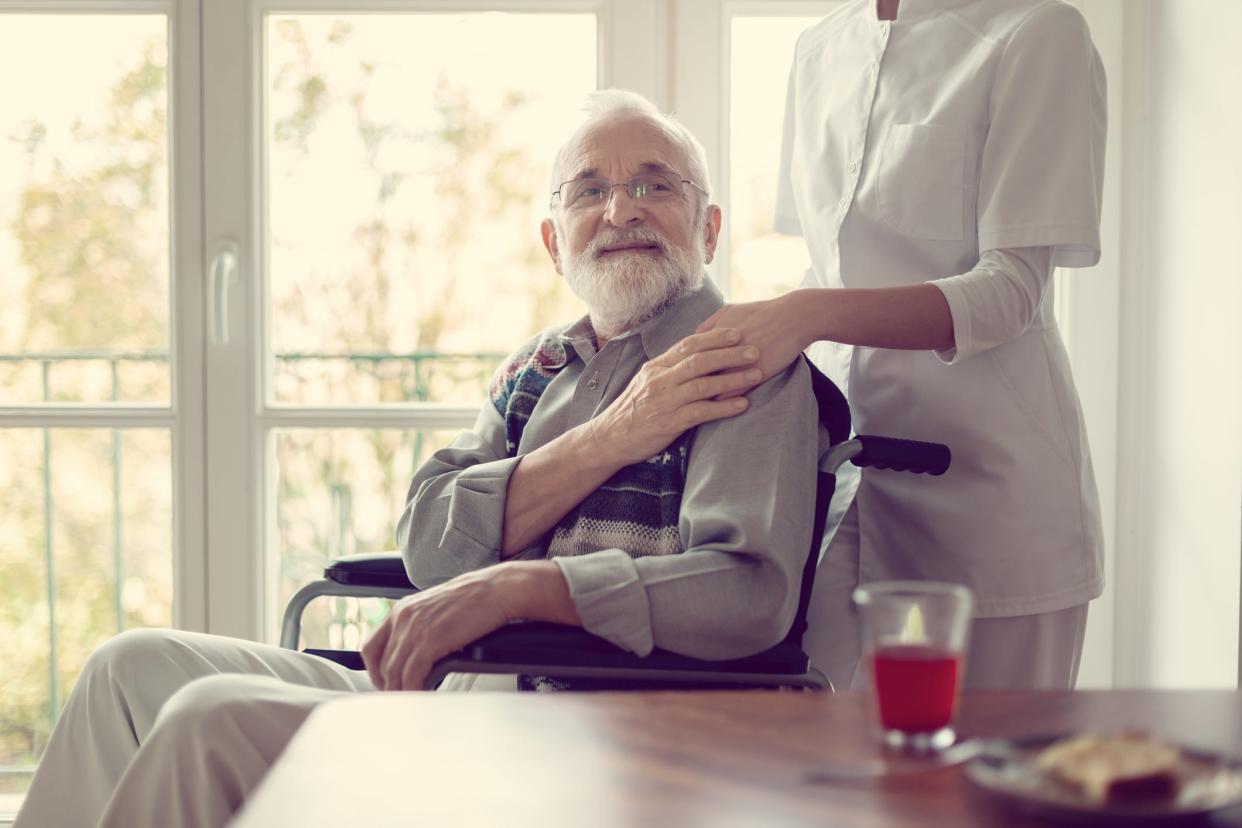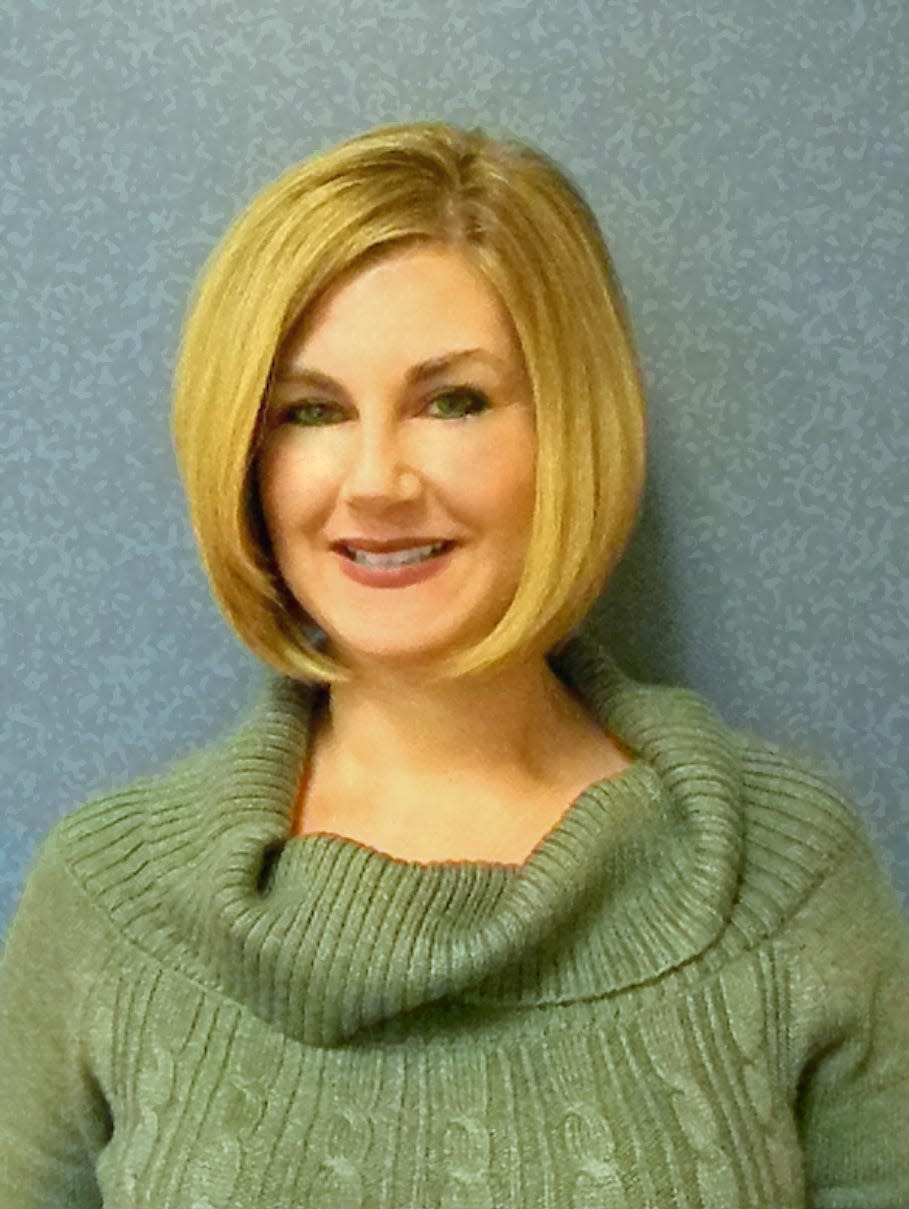One Senior Place: Parkinson's disease may not have a cure, but there are treatments that help

Support local journalism. A digital subscription is incredibly affordable and makes you the most informed person around. Click here and subscribe today
Q: What Can I do to manage my Parkinson’s Disease?
A: Parkinson’s Disease (PD) is a neurodegenerative disorder that affects a chemical in the brain called “dopamine.”
Dopamine production declines, and the resulting symptoms (tremor, weakness, stiffness) create a movement and balance disorder.
Each patient with Parkinson’s has a unique course of disease progression and treatments vary according to the severity of symptoms.
More from One Senior Place:
Hey ladies! Get your screening.There are multiple screenings women should get. Here are nine to consider
Memory fading:Are you at risk for developing Alzheimer’s? Here's what we know
Care for your heart:Heart disease is the leading cause of death, but is very preventable

Parkinson’s medication and treatment
While a regimen of dopamine-enhancing medications is the current standard for PD treatment, there are also some innovative treatments for patients to consider.
Most physicians recommend a combination of medication, nutrition and exercise to reduce symptoms.
Deep Brain Stimulation has been on the market for 25 years and is recommended for patients who cannot achieve symptom control through medication.
Rune Labs has been collaborating with Apple to offer an app on the Apple Watch to collect patient symptom data.
Patients can then share the collected data with their neurologists to help guide appropriate treatment based on symptoms.
Researchers are also working on new drug combinations to manage symptoms and minimize side effects.
There is even some promising research out of Germany for early detection of PD through a blood test.
Diet helps promote brain health
While PD cannot be cured by diet, the best eating plans for PD patients contain “neuroprotective” foods that promote brain health.
These include nuts, herbs and anti-inflammatory foods.
A diet rich in fiber from fruits and vegetables and adequate water intake will help stave off constipation, often a problem with PD.
There are some special considerations for PD patients on Sinemet, a medication whose absorption is affected by protein-rich foods.
Exercise can slow Parkinson's progression
Exercise is very important in the management of PD symptoms.
Physical activity can slow down disease progression and decrease pain while increasing strength and balance.
A consistent exercise program will also improve mood, sleep and memory.
Many PD patients benefit from special exercise classes.
Pedaling for Parkinson’s is available as a live class or online program at pedalingforparkinsons.org.
According to the Parkinson Association of Central Florida: “Riding an indoor stationary bike has been shown to reduce Parkinson’s motor symptoms by as much as 35%.”
Rock Steady Boxing is another PD exercise option that utilizes non-contact boxing-based fitness curriculum.
Find local classes at rocksteadyboxing.org. Parkinson's Wellness and Recovery (PWR) is a whole body exercise program, with individual therapy covered by Medicare.
Check pwr4life.org or BrevardParkinsons.org.
One Senior Place locations in Viera and Greater Orlando offer resources and information on support groups, exercise classes and clinical trials related to Parkinson’s Disease.
Check OneSeniorPlace.com for upcoming special events by the Brevard Parkinson's Alliance.
One Senior Place is a marketplace for resources and provider of information, advice, care and on-site services for seniors and their families. Questions for this column are answered by professionals in nursing, social work, care management and in-home care. Send questions to AskOSP@OneSeniorPlace.com, call 321-751-6771 or visit One Senior Place, The Experts in Aging.
Brenda Lyle is a Certified Care Manager and Certified Dementia Practitioner with One Senior Place, Greater Orlando.
This article originally appeared on Florida Today: Is there a cure for Parkinson's disease? No, but there is treatment

